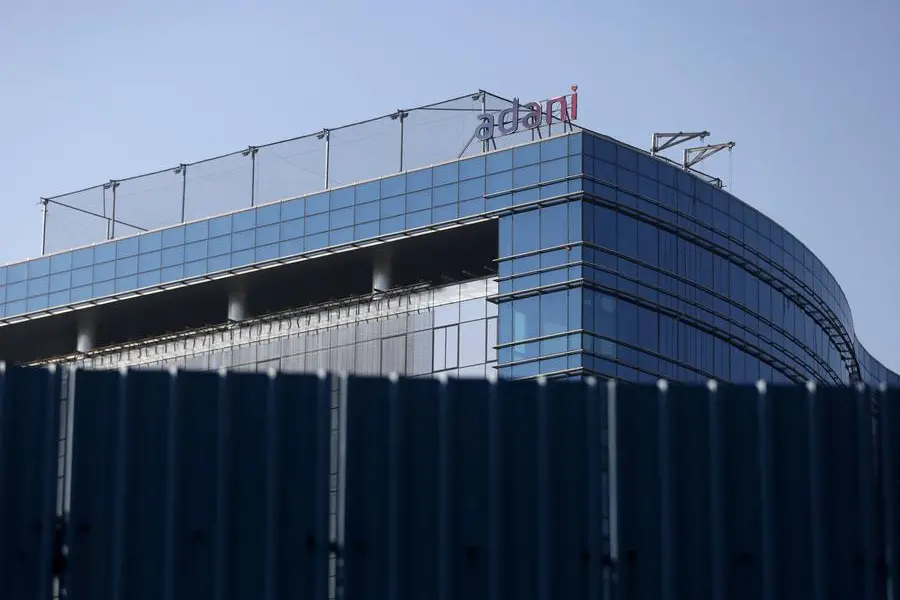PHOTO
MUMBAI - The exposure of Indian banks to the embattled Adani Group is not enough to impact their credit profiles, two rating agencies said on Tuesday, weeks after a U.S. short-seller report unleashed a brutal rout in shares of the conglomerate's businesses.
Investors have been worried about various banks' exposure to the group ever since late January when U.S.-based short-seller Hindenburg Research alleged improper use of offshore tax havens and stock manipulation by Adani Group.
The group has rejected the criticism and denied any wrongdoing.
The exposure of Indian banks to Adani Group is "insufficient in itself" to present a substantial risk to the credit profiles of these lenders, Fitch Ratings said in a note.
Fitch estimated that loans to all Adani Group entities generally account for 0.8%-1.2% of total lending for Indian banks rated by the agency, equivalent to 7%-13% of total equity.
"Even in a distress scenario, it is unlikely that all of this exposure would be written down, as much of it is tied to performing projects," it said.
Moody's Investors Service also made similar comments, saying the exposures are larger for public sector banks than for private sector banks, but they are smaller than 1% of total loans for most banks.
The risk to banks can increase, however, if Adani Group becomes more reliant on bank loans, Moody's cautioned.
Earlier on Tuesday, Fitch unit CreditSights said in a separate note that State Bank of India's exposure to the group is "well-manageable" given its strong buffer of provision reserves.
SBI's total exposure was 0.9% of its total loan book, or around 270 billion Indian rupees ($3.26 billion), Chairman Dinesh Kumar Khara has said.
CreditSights pointed out that the country's largest lender has a provision reserves buffer of around 338 billion rupees, or around 1% of net loans.
Fitch, however, said Indian state banks could face pressure to provide refinancing for Adani entities if foreign banks scale back their exposure or investor appetite for the group's debt weakens in global markets.
To allay concerns, the Reserve Bank of India (RBI), the country's banking regulator, has said that the Indian banking system remains resilient and stable.
($1 = 82.7200 Indian rupees)
(Reporting by Siddhi Nayak in Mumbai, Nallur Sethuraman in Bengaluru; Editing by Savio D'Souza and Devika Syamnath)




















